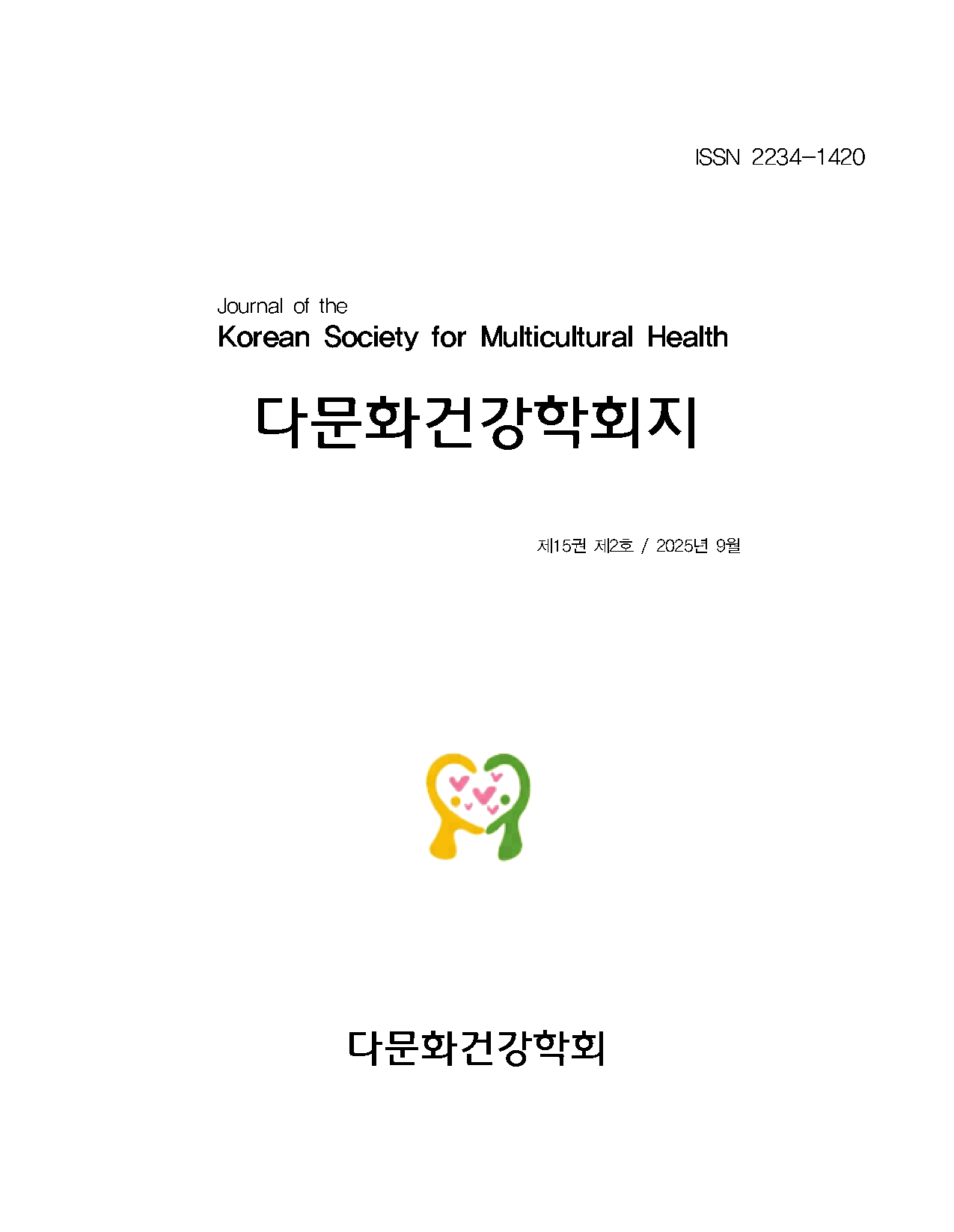Purpose: This study aimed to investigate the knowledge and attitudes of nursing students regarding cardiopulmonary resuscitation (CPR) and the automated external defibrillator (AED), and to identify the factors influencing their confidence in performing CPR. Methods: The Participants were 166 nursing students enrolled at three universities in W City, J City, and H City. Data were collected from April 1 to June 27, 2025, and the collected data were analyzed using the SPSS 28.0 statistical program. Results: The results showed statistically significant differences in confidence in performing CPR based on general characteristics, including sex, medical volunteer experience, reason for choosing a major, acquisition of Basic life support (BLS)/ Korean basic life support (KBLS) Provider certification, awareness of AED locations on campus, and awareness of AED locations in public institutions. Confidence in performing CPR was significantly correlated with CPR attitude (r=.48, p<.001), AED knowledge (r=.18, p=.019), and AED attitude (r=.63, p<.001). Factors influencing CPR performance confidence were sex ( =.18, p=.005), reason for choosing the major (=.22, p<.001), and attitude toward the AED ( =.47, p<.001), which explained 49.0% of the variance. Conclusion: To foster CPR performance confidence among nursing students, it is necessary to develop and provide diverse programs that can improve their attitudes toward the AED.
서 론
연구방법
연구결과
결 론
(0)
(0)
